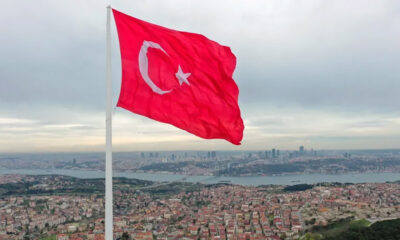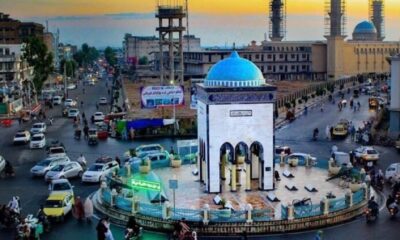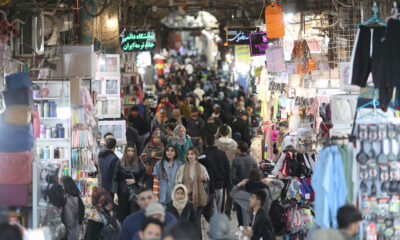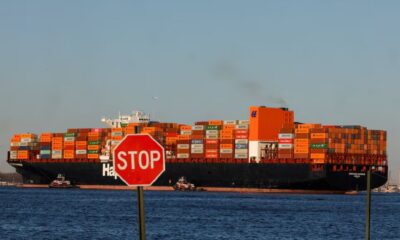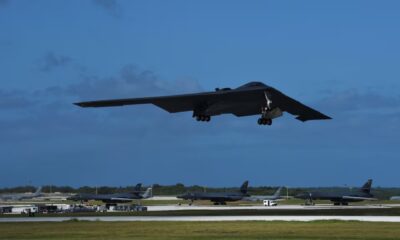Business
World Bank warns global economy could tip into recession in 2023

The World Bank slashed its 2023 growth forecasts on Tuesday to levels teetering on the brink of recession for many countries as the impact of central bank rate hikes intensifies, Russia’s war in Ukraine continues, and the world’s major economic engines sputter.
The development lender said it expected global GDP growth of 1.7% in 2023, the slowest pace outside the 2009 and 2020 recessions since 1993. In its previous Global Economic Prospects report in June 2022, the bank had forecast 2023 global growth at 3.0%, Reuters reported.
It forecast global growth in 2024 to pick up to 2.7% — below the 2.9% estimate for 2022 — and said average growth for the 2020-2024 period would be under 2% — the slowest five-year pace since 1960.
The bank said major slowdowns in advanced economies, including sharp cuts to its forecast to 0.5% for both the United States and the euro zone, could foreshadow a new global recession less than three years after the last one.
“Given fragile economic conditions, any new adverse development — such as higher-than-expected inflation, abrupt rises in interest rates to contain it, a resurgence of the COVID-19 pandemic or escalating geopolitical tensions — could push the global economy into recession,” the bank said in a statement accompanying the report.
The bleak outlook will be especially hard on emerging market and developing economies, the World Bank said, as they struggle with heavy debt burdens, weak currencies and income growth, and slowing business investment that is now forecast at a 3.5% annual growth rate over the next two years — less than half the pace of the past two decades.
“Weakness in growth and business investment will compound the already devastating reversals in education, health, poverty and infrastructure and the increasing demands from climate change,” World Bank President David Malpass said in a statement.
China’s growth in 2022 slumped to 2.7%, its second slowest pace since the mid-1970s after 2020, as zero-COVID restrictions, property market turmoil and drought hit consumption, production and investment, the World Bank report said. It predicted a rebound to 4.3% for 2023, but that is 0.9 percentage-point below the June forecast due to the severity of COVID disruptions and weakening external demand.
The World Bank noted that some inflationary pressures started to abate as 2022 drew to a close, with lower energy and commodity prices, but warned that risks of new supply disruptions were high, and elevated core inflation may persist. This could cause central banks to respond by raising policy rates by more than currently expected, worsening the global slowdown, it added.
The bank called for increased support from the international community to help low-income countries deal with food and energy shocks, people displaced by conflicts, and a growing risk of debt crises. It said new concessional financing and grants are needed along with the leveraging of private capital and domestic resources to help boost investment in climate adaptation, human capital and health, the report said.
The report comes as the World Bank’s board this week is expected to consider a new “evolution road map” for the institution to vastly expand its lending capacity to address climate change and other global crises. The plan will guide negotiations with shareholders, led by the United States, for the biggest revamp in the bank’s business model since its creation at the end of World War Two.
Business
Russia, Uzbekistan to draft feasibility study for Trans-Afghan Railway project
A discussion session will be held within the framework of the Russia-Islamic World Forum in Kazan in May, bringing together key stakeholders
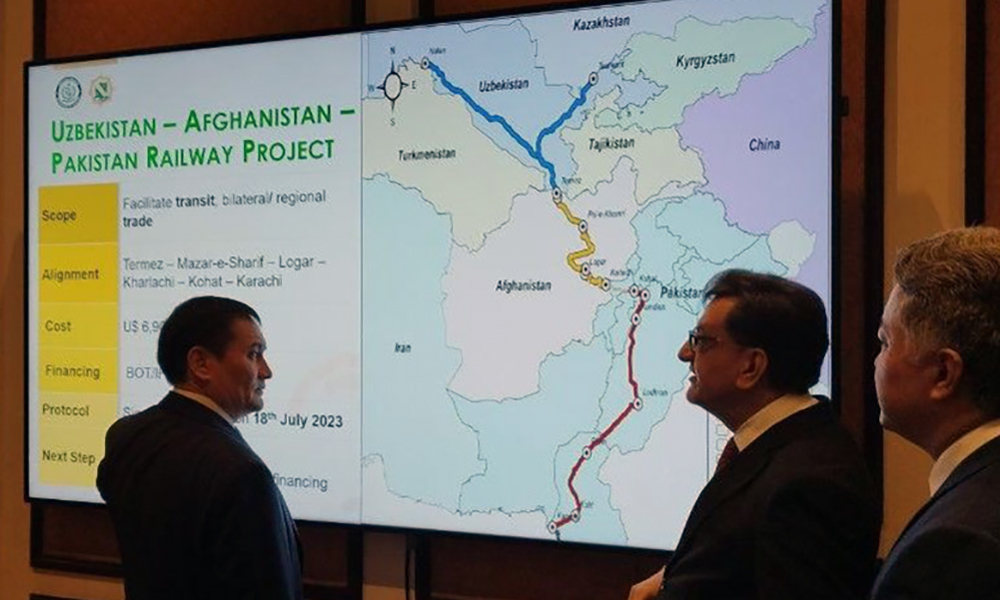
Russia and Uzbekistan design organizations will work together this year to conduct the Trans-Afghan Railway project’s feasibility study, Trend news agency reported.
According to a statement issued by Russia’s Ministry of Transport on Tuesday, Russian and Uzbek designers “will ensure the preparation of sections of the feasibility study for the project to build the Trans-Afghan Railway along the agreed routes, including in terms of determining the forecast for freight traffic volumes and economic efficiency.”
The ministry said two routes have been identified. These are: Mazar-e-Sharif – Herat – Dilaram – Kandahar – Chaman; and the other is Termez – Naibabad – Logar – Kharlachi.
The statement noted that the first session to discuss the project will be held within the framework of the Russia-Islamic World Forum in Kazan in May. A delegation from Afghanistan will attend, along with representatives from Pakistan Railways.
Business
Afghanistan business sector eager to attend Kazan Halal Expo and Forum in Russia
The forum will run from May 13 to 18 and will bring together experts from Russian regions; OIC member states; and other countries
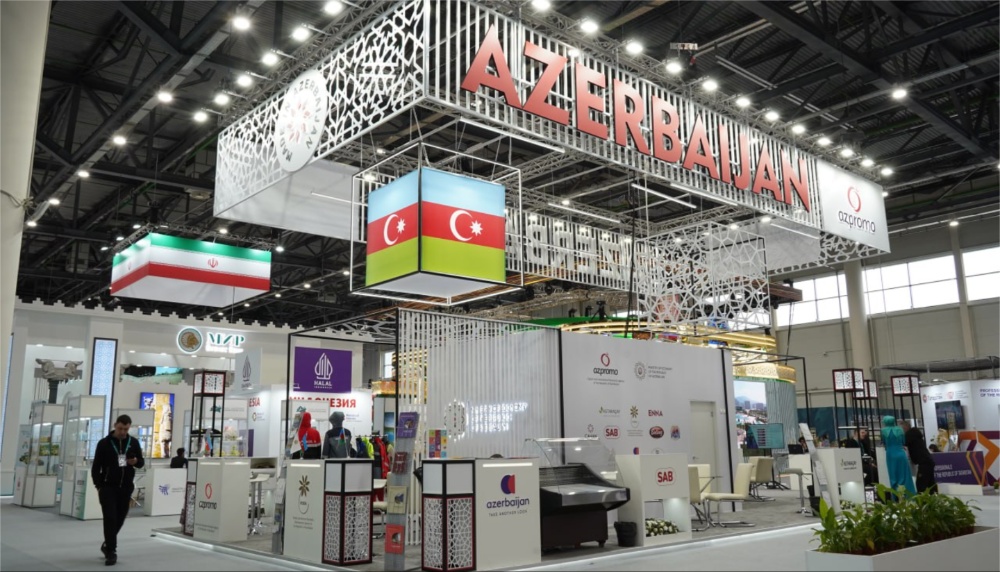
The Ministry of Industry and Commerce has confirmed that Afghanistan will participate in the XVI (16th) International Economic Forum ‘Russia — Islamic World: Kazan’ and the Kazan Halal Expo in Russia this year.
The forum will run from May 13 to 18 and will bring together experts from Russian regions; the Organization of Islamic Cooperation (OIC) member states; and other countries to discuss various topics during the 120 sessions planned.
The expo meanwhile will showcase thousands of goods from around the world that meet Halal standards.
Abdul Salam Javad Akhundzada, the ministry’s spokesman, said Sunday that Minister of Industry and Commerce Nooruddin Azizi has stated that Afghanistan is ready to participate in the event and showcase Afghan products.
According to Akhundzada, Azizi has discussed the event with members of the private sector who are eager to participate.
The expo, which is held annually alongside the forum, is Russia’s largest trading platform for Muslims.
Russia’s President Vladimir Putin said in a statement on the forum and expo recently that “Russia values its traditionally friendly ties with Muslim countries. We highly appreciate their desire to pursue an independent foreign policy and increase their role in international affairs.
“Together, we stand for the formation of a democratic multipolar world order, based on the rule of law and principles of justice, free from any form of dictatorship and discrimination.
“Of course, we are also committed to expanding mutually beneficial cooperation in all areas, from trade and investment to sports and tourism,” he said.
Putin went on to say “I believe that the work of the forum will be meaningful and constructive as always and will be held in a spirit of openness and trust. It will serve to further promote the friendship and creative partnership between our countries and peoples.”
The forum will bring together experts from Russian regions, the Organization of Islamic Cooperation (OIC) member states, and other countries to discuss:
Business
Iran exports non-oil goods worth over $2 billion to Afghanistan in 11 months
Afghanistan was Iran’s fifth top export destination between March last year and February this year
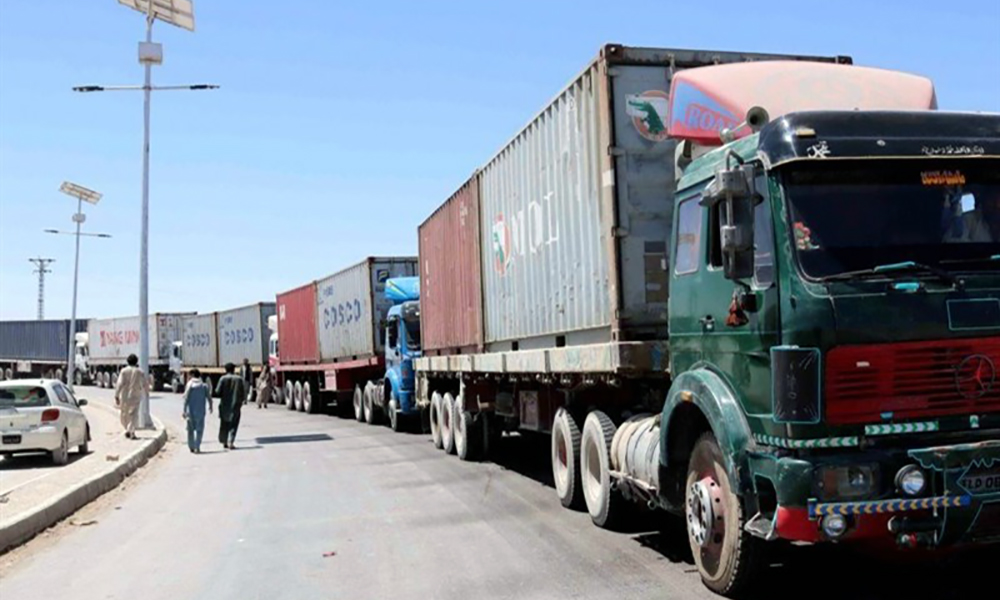
Iran exported non-oil commodities worth $2.2 billion to Afghanistan during the 11-month period from March 20, 2024 to February 18, 2025, the head of Iran Customs Administration (IRICA) said.
Foroud Asgari said Afghanistan was Iran’s fifth top export destination in the mentioned 11-month period, Tehran Times reported Sunday.
In the past year, Afghanistan and Iran have forged closer trade ties. In February, the governors of both central banks met on the sidelines of a banking technology summit in Yekaterinburg, Russia, where they discussed strengthening monetary and banking cooperation.
Also, in October, ports and maritime officials of Iran and Afghanistan met to discuss investment opportunities for the Afghan private sector in Iran’s southeastern Chabahar Port.
Tehran Times reported that this meeting was attended by the director general of the Ports and Maritime Department of Sistan-Baluchestan Province, the governor-general of the province, some Iranian MPs, and officials of the Afghanistan Trade and Industry Ministry.
Meanwhile, in a meeting with an Iranian trade delegation in Kabul last August, Afghanistan’s interim Deputy Prime Minister Mullah Abdul Ghani Baradar Akhund said that his country is eager to attract Iranian investors in order to develop the Afghan mining industry, generate solar electricity and expand railway connectivity.
The Iranian delegation also proposed to launch a joint special industrial zone with Afghanistan.
Afghanistan supplies more than 80 percent of its market needs through imports, and imports from Iran constitute 25 percent of this amount.
The establishment of national security and the central government in Afghanistan over the past two years have improved the conditions of trade between the two countries.
-
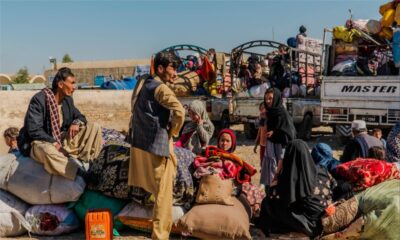
 Latest News4 days ago
Latest News4 days agoUN rights experts call on Pakistan to stop removal process of Afghan refugees
-

 Science & Technology4 days ago
Science & Technology4 days agoMeta releases new AI model Llama 4
-
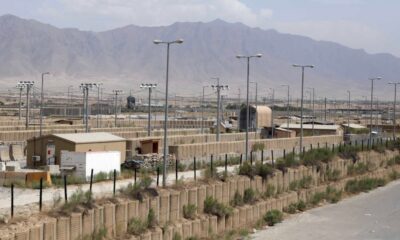
 Latest News3 days ago
Latest News3 days agoIEA rejects reports of US military planes landing at Afghanistan’s Bagram Air Base
-

 Sport4 days ago
Sport4 days agoAfghanistan Under-19s beat Nepal by 1 run in second ODI, win series
-

 World4 days ago
World4 days agoAnti-Trump protesters gather in Washington, other US cities
-
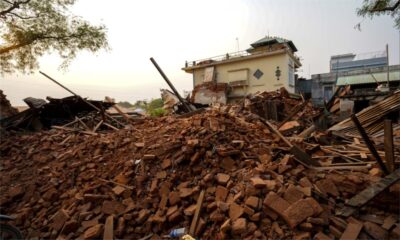
 Regional4 days ago
Regional4 days agoRains add to challenge for Myanmar quake relief, toll at 3,471
-
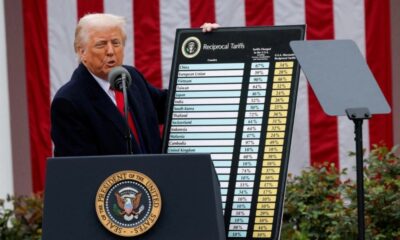
 Latest News3 days ago
Latest News3 days agoTrump’s tariff pressure on Afghanistan ‘will impact economic growth’
-
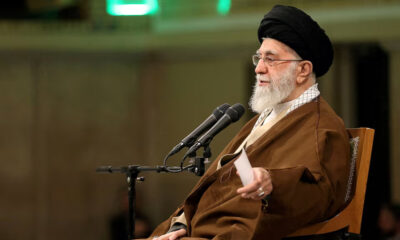
 Regional4 days ago
Regional4 days agoIran wants indirect talks with US, warns regional countries over strikes against it


